As the dog days of August approach, we are pleased to share a curated summer reading list featuring some of VP for Policy Ken Pollack's favorite books on the region. Covering a variety of timely and engaging topics, the list offers recommendations for anyone interested in deepening their understanding of the Middle East.
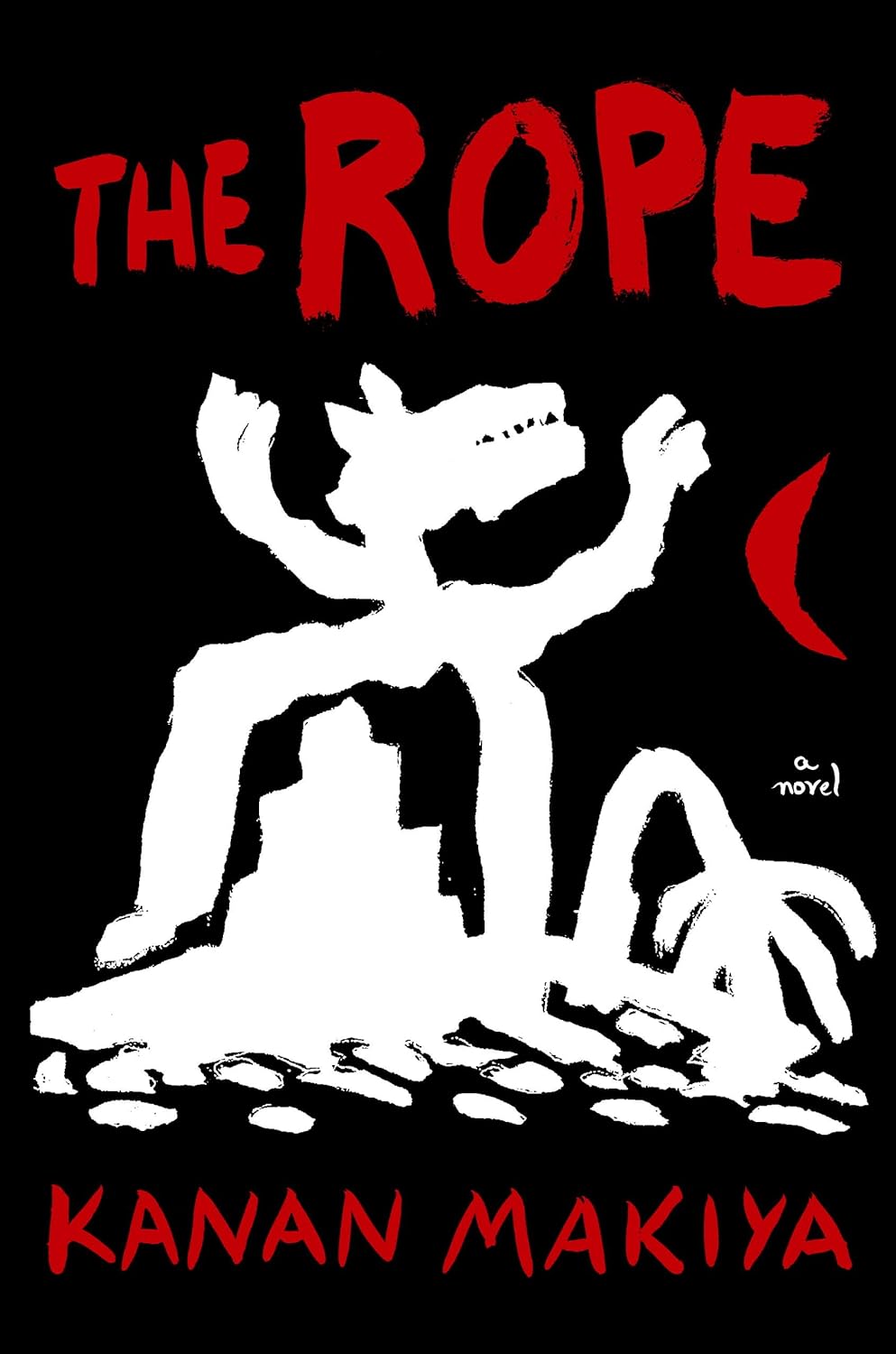
The Rope: A Novel
by Kanan Makiya (Pantheon, 2016)
The Rope is Makiya’s heart-rending account of the killing of ‘Abd al-Majid al-Kho’i in Iraq just weeks after the fall of Baghdad in 2003. While it is written as a novel, it is as close to non-fiction as a work of fiction can get. It gives a feel for the heat and sand and dust of Iraq, the furies swirling around our misbegotten invasion, and the terrible mistakes the United States made there in a way that no other work has so far. ‘Abd al-Majid al-Kho’i was a young, charismatic, moderate Shi’a cleric. He believed fervently in democracy, despised Saddam Hussein, and tried to work closely with the US to steer Iraq toward stability, justice, and pluralism. Naturally, he was killed for it.
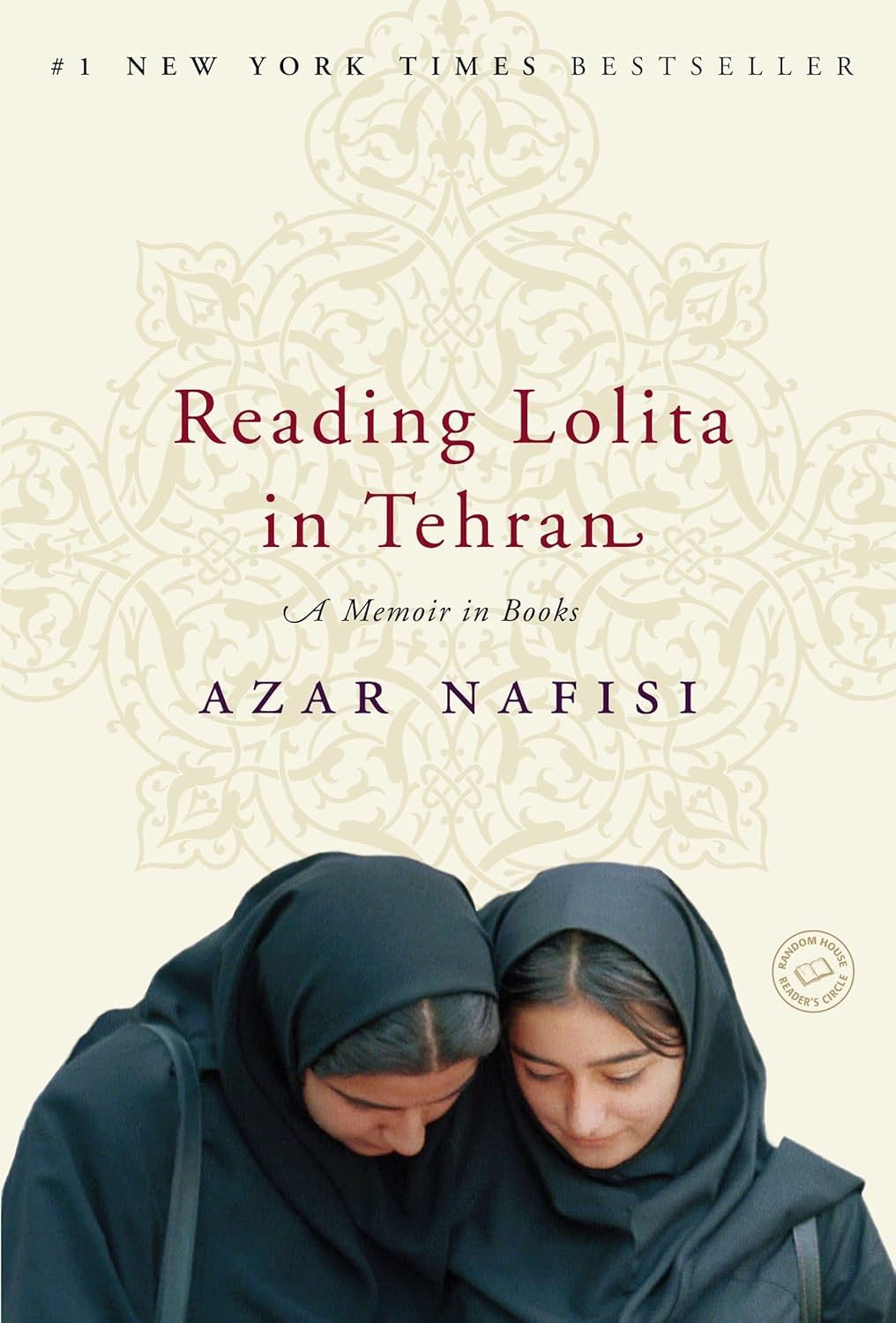
Reading Lolita in Tehran: A Memoir in Books
by Azar Nafisi (Turtleback Books, 2003)
I cannot recommend this book more highly. It is a work of genius. It is all at once a brilliant memoir, an unbelievably insightful explication of the lives of average Iranians under the autocracy of the Islamic Republic, and one of the best discussions of the greatest works of English literature ever written. I still cannot figure out how Nafisi managed to teach me more about Iran, women living under suffocating oppression, Nabokov, Fitzgerald, and Jane Austen than I had ever known, and all in about 300 pages.
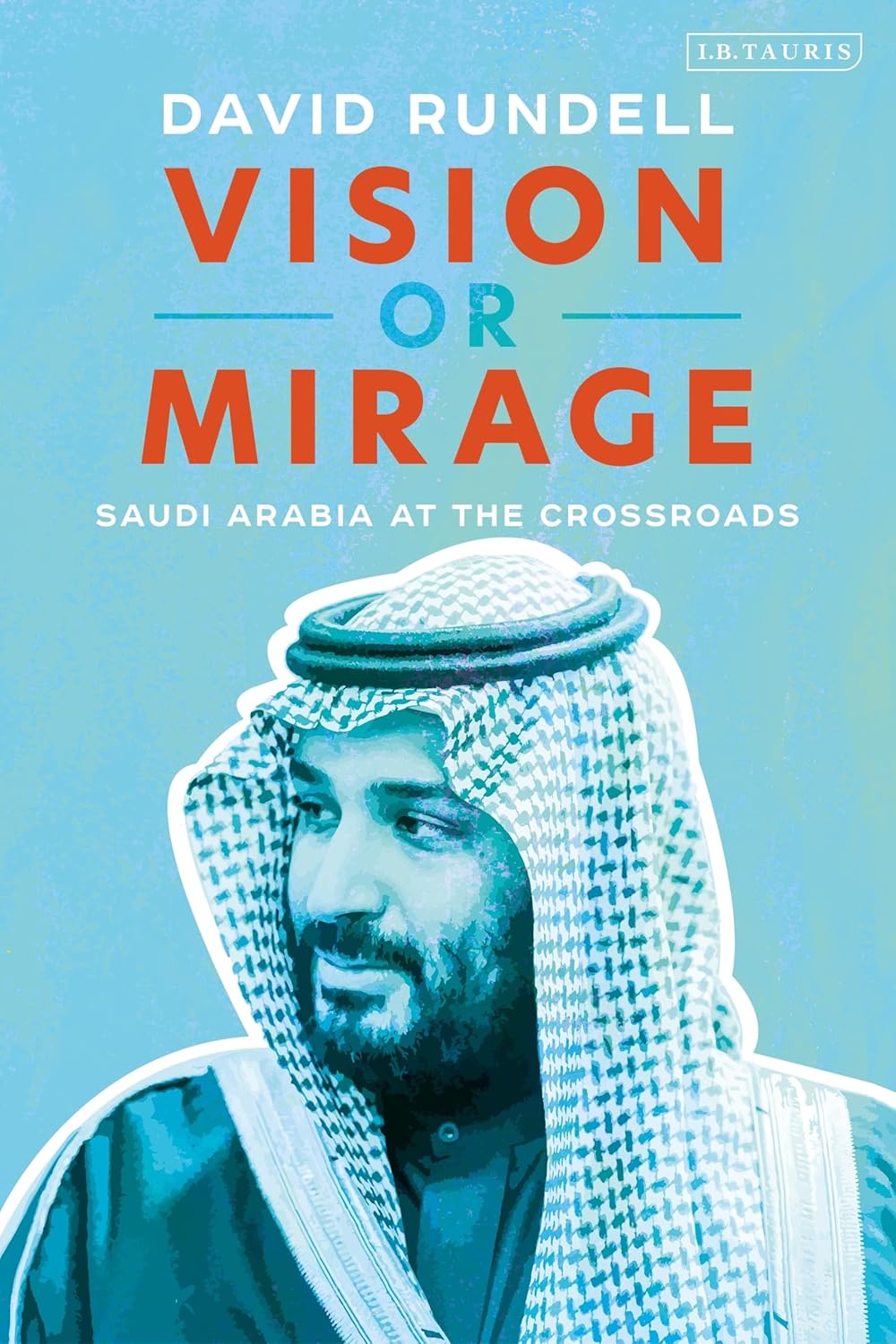
Vision or Mirage: Saudi Arabia at the Crossroads
by David Rundell (I.B. Tauris, 2020)
If you want to really understand Saudi Arabia, this is the book to read. Rundell is a former State Department Foreign Service officer with decades of experience in the kingdom. He knows it as only insiders do. As I wrote for The New York Times Book Review, “Rundell covers the kingdom from top to bottom with vast wisdom, depth and understanding … [He] explains, clearly and concisely, the special dynamics that drive the kingdom and render it so alien from our own society ... I wish that every United States diplomat, military officer and journalist would read this book before deploying there. I wish that every member of Congress would read it before voting on any measure related to Saudi Arabia. I wish every American pondering the frictions of our long relationship with the Saudis would read it simply to understand.”
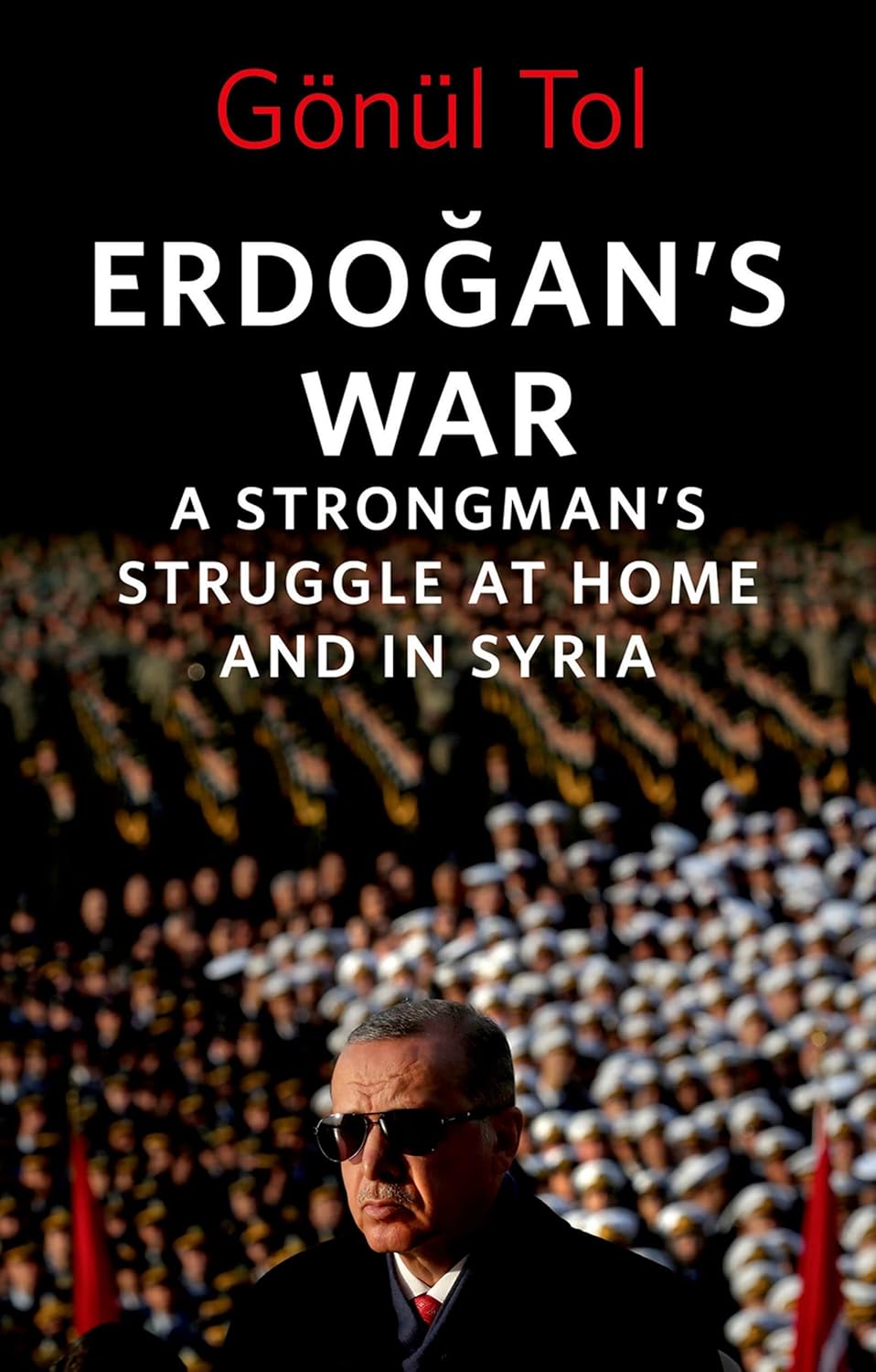
Erdoğan's War: A Strongman's Struggle at Home and in Syria
by Gönül Tol (Oxford, 2023)
I had to include one of MEI’s own, and this is a great one. MEI Senior Fellow Gönül Tol’s book explores how Turkish President Recep Tayyip Erdoğan has held power by strategically shifting on key political issues. In particular, Tol explores his dramatic change from conservative democrat to Islamist to Turkish nationalist. It provides a fascinating cautionary story of Erdoğan's mission to stay in power and its impact on democratic structures in Turkey, with obvious consequences for his relations with the United States and future Turkish policy.
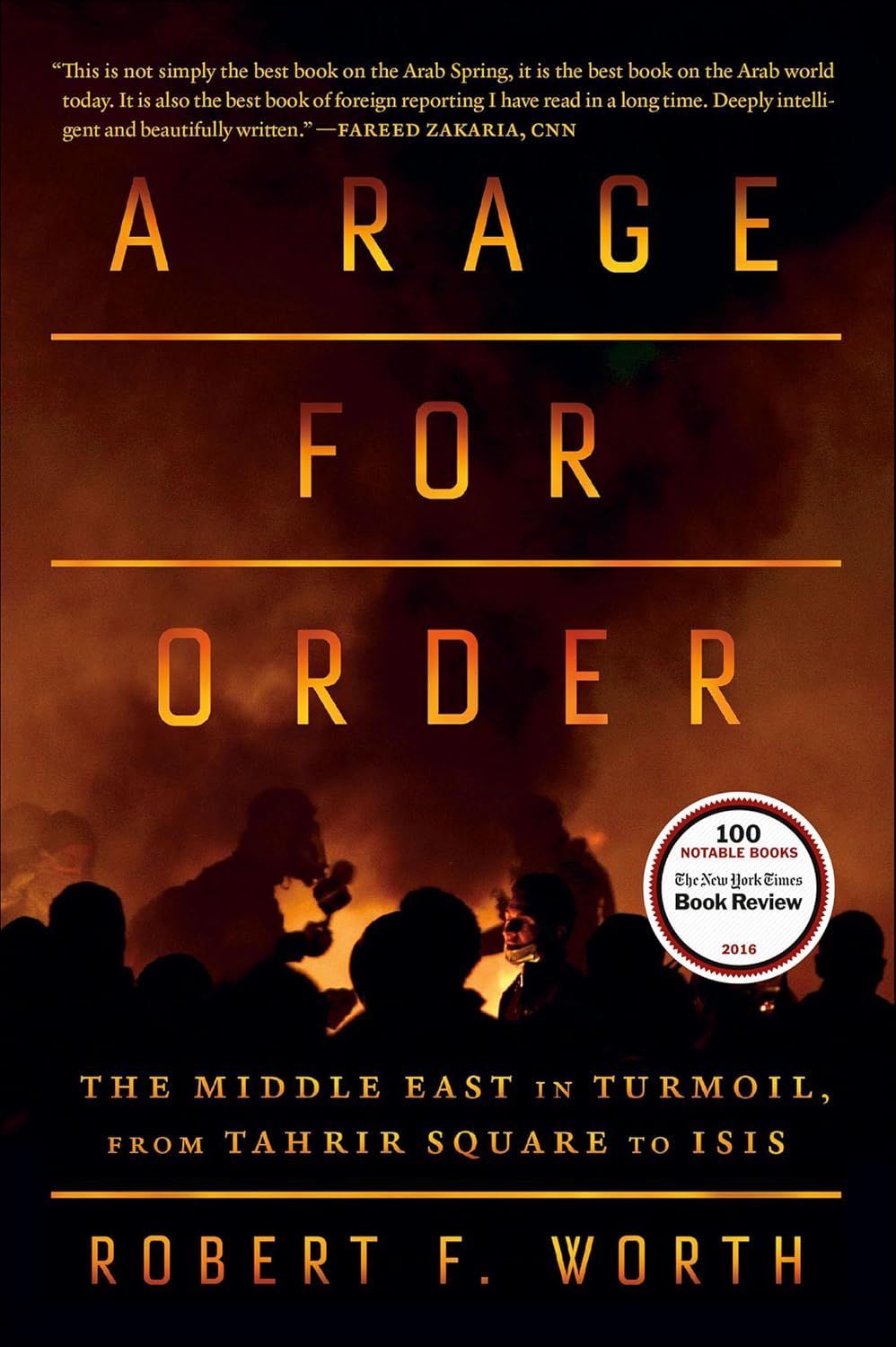
A Rage for Order: The Middle East in Turmoil, from Tahrir Square to ISIS
by Robert Worth (Farrar, Straus and Giroux, 2016)
Worth’s exquisite book on the 2011 Arab Spring is another I reviewed for The New York Times Book Review, writing, “This is the book on the Middle East you have been waiting to read . . . [it] tells the story of the 2011 Arab Spring and its slide into autocracy and civil war better than I ever could have imagined its being told. The volume is remarkably slender for one of such drama and scope — beautifully written, Worth’s words scudding easily and gracefully across the pages. It is also a marvel of storytelling, with the chapters conjuring a poignancy fitting for the subject...All great works of fiction are works of great philosophy, pondering the fundamentals of humanity. Few volumes of nonfiction ever achieve this, but Worth’s does, touching essential truths about the human condition.”
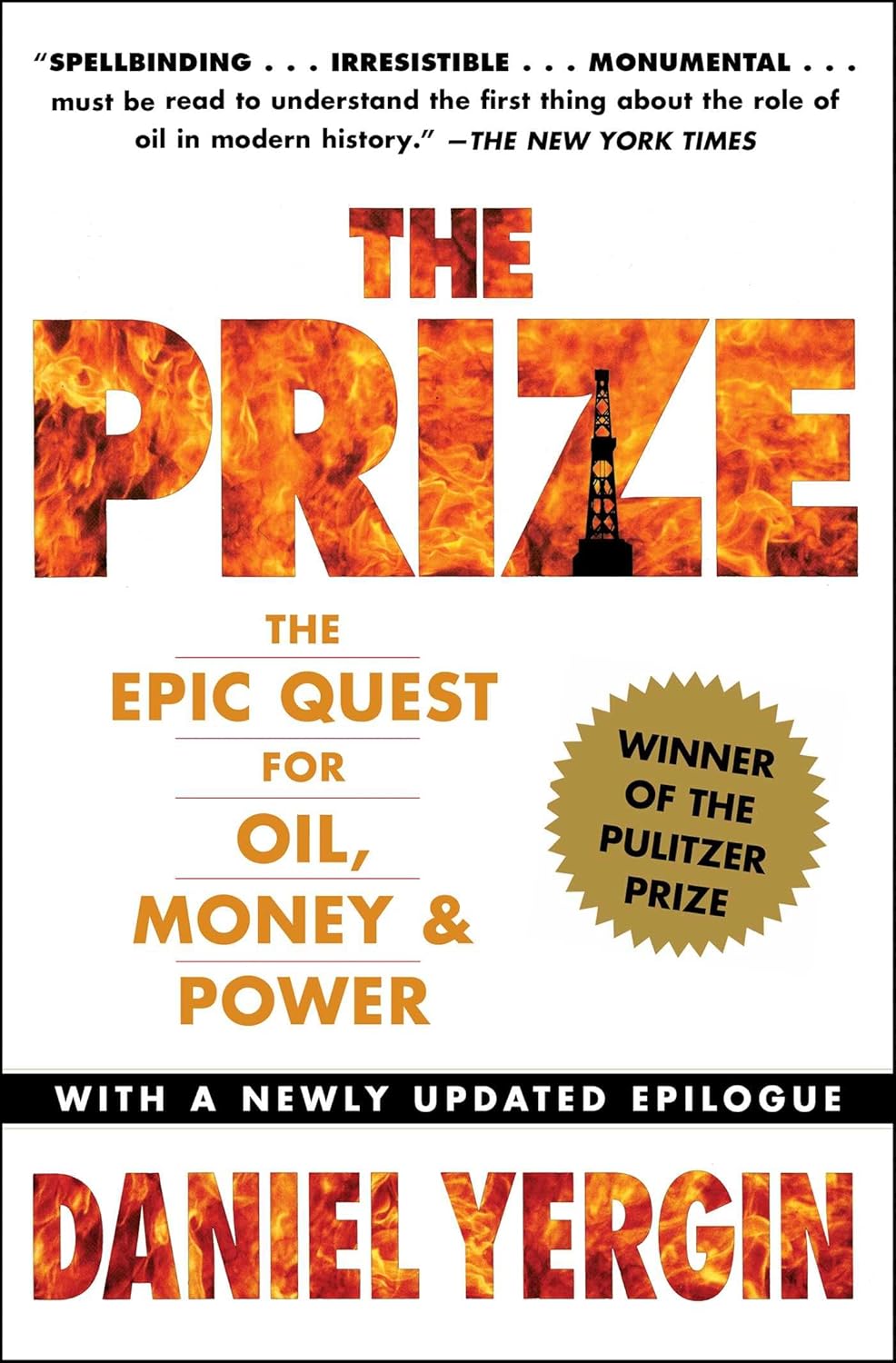
The Prize: The Epic Quest for Oil, Money & Power
by Daniel Yergin (Simon & Schuster, 1991)
Although it was first published over 30 years ago, Yergin’s Pulitzer-prize winning history of oil in the twentieth century remains absolutely timeless. It is brilliant and insightful and as relevant as ever. You cannot understand the importance of the Middle East to the global economy — in the past, present, and future — without understanding the importance of oil, and you cannot understand the importance of oil without reading Yergin’s masterpiece. If you have never read it, now is the time to do so; and if you have, it is high time you read it again.
Top photo by Pedro Fleitas on Unsplash
The Middle East Institute (MEI) is an independent, non-partisan, non-for-profit, educational organization. It does not engage in advocacy and its scholars’ opinions are their own. MEI welcomes financial donations, but retains sole editorial control over its work and its publications reflect only the authors’ views. For a listing of MEI donors, please click here.















